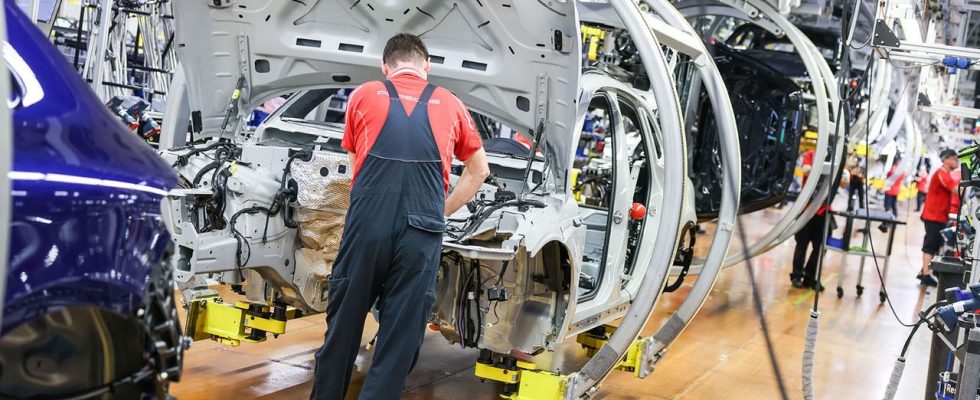faq
Many industries are in transition. The government wants to promote further training so that employees can stay in the company but take on new tasks. Who is the new qualification money intended for? How high is it?
With a so-called qualification allowance, companies and employees will be given more support in further training from April 1st. The federal government is spending more than three billion euros on this. Employees who would otherwise lose their jobs should be given further training so that they can take on other tasks in the company but keep their jobs.
Which companies can apply for funding?
Employers can apply for funding online, but must meet certain requirements. For example, a significant proportion of the workforce must have a need for qualifications, as the employment agency explains. In concrete terms, this means that without the funding, the jobs that require qualifications would be eliminated as a result of the structural change. For companies with 250 or more employees, this must affect at least 20 percent of the employees, and for fewer employees, ten percent.
In addition, the professional training must last longer than 120 hours – i.e. three weeks. However, according to the employment agency, the training does not have to be completed in one go, but can also take place part-time or alongside work. The educational institution that offers further training must also be certified for funding.
Further training that is supported with the qualification money must also meet certain requirements in terms of content. For example, knowledge and skills must be imparted that “go beyond solely job-related, short-term adaptation training.” For example, training for company-specific software is not funded. In such a case, according to the Social Code, employees are entitled to continued payment of their salary.
How much money do employees get?
Employees who take advantage of the qualification allowance for further training and thus acquire a comprehensive new qualification receive 60 percent of their net salary from the Federal Employment Agency. For employees with children, the rate increases to 67 percent – this is the same calculation as short-time work allowance.
The qualification money acts as a wage replacement. This means that employees receive money from the employment agency instead of their salary for the period in which they take part in further training. “Employers can of course increase the amount if they want,” explains Irmgard Pirkl from the Federal Employment Agency.
The employees stay in the company and are prepared for new tasks in their company through further training. This gives them a new professional perspective and protects them from the threat of unemployment. “The company pays for the training and thus invests in the workforce,” says Pirkl. However, the employees must also agree to the further training.
Why is the funding available?
The German economy is experiencing structural change, according to the Federal Ministry of Labor (BMAS). As a result, the areas of responsibility are changing in some industries – some tasks are no longer necessary, while new ones are created in other areas.
“For example, when a company switches from manual production to computer-aided production,” explains Irmgard Pirkl. “Then the employees need further training, otherwise they cannot continue to work for the company.” The qualification money is intended to simplify this step. It is part of an adjustment to the Training and Further Education Act that will come into force on April 1st.
What funding volume does this represent? Qualification money ready?
According to the ministry, the support will be financed from the budget of the Federal Employment Agency and will amount to around 3.3 billion euros in 2024. The local employment agencies decide on the specific use of funds. The draft of the Training and Further Education Act assumed additional annual costs due to the qualification money of up to 360 million euros.
Who is this aimed at? Qualification money?
Since “almost all sectors and companies” are affected by the structural change, there is, according to the Federal Employment Agency, “no limitation of the qualification allowance to one field of application.” In addition to the automobile and its supply industry, energy-intensive areas such as the production of glass and ceramics, the processing of stones and earth, the production of chemical products or metal production and processing should also be mentioned.
“But it’s not just industry that is affected,” emphasizes the employment agency. There is also significant structural change in other industries such as publishing, banking, insurance and retail due to digitalization.
Is there also criticism?
The Confederation of German Employers’ Associations (BDA) is critical of the introduction of the qualification allowance: “It further complicates an already complex system and excludes companies that do not have a relevant works agreement or relevant collective agreement.”
According to the BDA, the training money primarily reaches larger companies. Accordingly, the funding criteria do not fit well with small and medium-sized companies. According to the association, use is also restricted by the fact that remaining in the company must be guaranteed.

